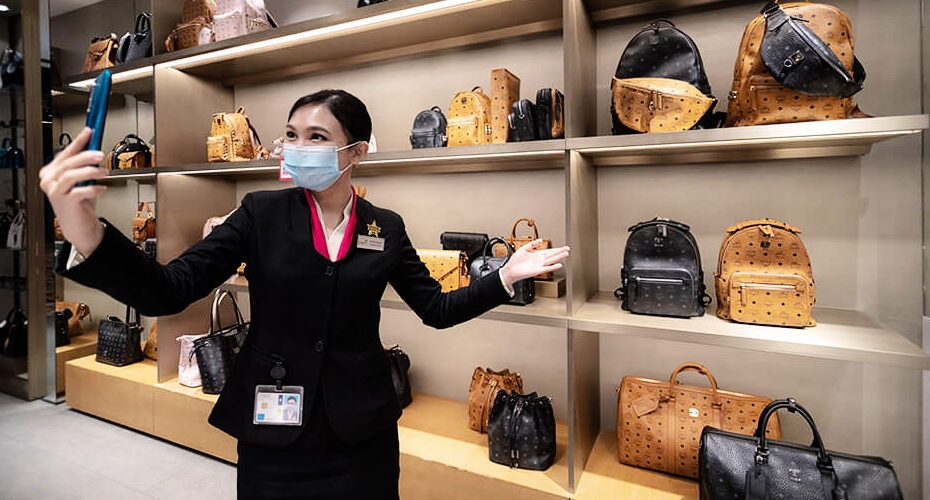If the customer does not go to the store, the store shall go to the customer. This has become the new motto of modern commerce today.
With lockdowns and restrictions people’s habits have changed and for many of us contemplating walking into a slightly crowded store or queuing at the checkout counters can seem almost absurd.
Then there are the shoppers who are in love with online shopping, who increasingly struggle to find a good reason to go to a traditional store to shop, even knowing that they are missing out on the precious advice of sales assistants and shopkeepers.
So how can you bridge the gap between buyer and seller before it becomes a chasm?
Simply with a smartphone and a video call: citing an old – and popular – italian advertising campaign, today it is the video call that “saves the life” of retail.
Stores as media, salespeople as influencers
The traditional store is at a crossroads: in the post-pandemic phase, you cannot blindly believe that by raising the shutters, shops will be packed with customers.
Better to reinvent its role, revisiting it in a social key: shortly stores will become far less than places of physical aggregation for customers and much more of a means of communication, transforming salespeople into influencers and affiliates.
The change is driven by the power of video streaming: this tool allows the point of sale to mutate, becoming a stage, and the salesman to change roles, adapting their banter with users through video content.
With video streaming, sales staff can address individual buyers through one-to-one video calls (such as those possible with ShopCall, which puts the shopkeeper in direct communication with the customer, allowing them to communicate, relate and sell comfortably, whilst also organising shipping) or through one-to-many video content, such as those in live streaming offered by the most common social channels: a mix between teleshopping, an edutainment video and an expression of influencer marketing.
In China – a litmus test in terms of new trends – the practice of selling through video streaming is already consolidated and new dedicated platforms are created every day. The colossal Alibaba, for example, has launched the Taobao phenomenon: a direct streaming channel dedicated to physical retailers interested in accessing the world of online sales and enhancing the shopping experience of consumers with ad hoc content to entertain and present the products in stock. The results were exceptional: in 2019 the channel offered more than 60,000 live streaming contents, attracting over 400 million viewers and generating a 150% increase per year – for 3 consecutive years – in the gross volume of goods sold via the platform. A success that has rewarded both small retailers, crushed to their knees after the prolonged lockdown, and large chains bent by the weight of fixed costs for managing a sales network tackling zero earnings during the hardest periods of the pandemic.
The explosion of the live streaming sales phenomenon, which has literally swept the world of retail in China – consider that at the end of 2019, users spent more than 350,000 hours a day viewing content on Taobao – owes much of its dynamic viral entry into the sector of WeChat, the instant messaging platform with over 1 billion active users, which has an integrated service for selling products. This move, in addition to having paved the way and made the world of live streaming sales in China popular, has also generated another crucial consequence: being able to track the transactions obtained from each resource, it has transformed the sales staff into influencers and affiliates, motivating them to boost the visibility accelerator more, to finalise purchases and reap personal economic benefits in terms of sales percentages.
As a result, what awaits us is a further transformation of the retail sales sector: the sales assistants of the future will no longer be evaluated only for their presence and preparation on commercial dynamics, but also for their communication skills, familiarity with the social world and their attitude as influencers.
Are you ready to trash old CVs and evaluate candidates for a salesperson position for their knowledge of Instagram TV and Facebook Live?



